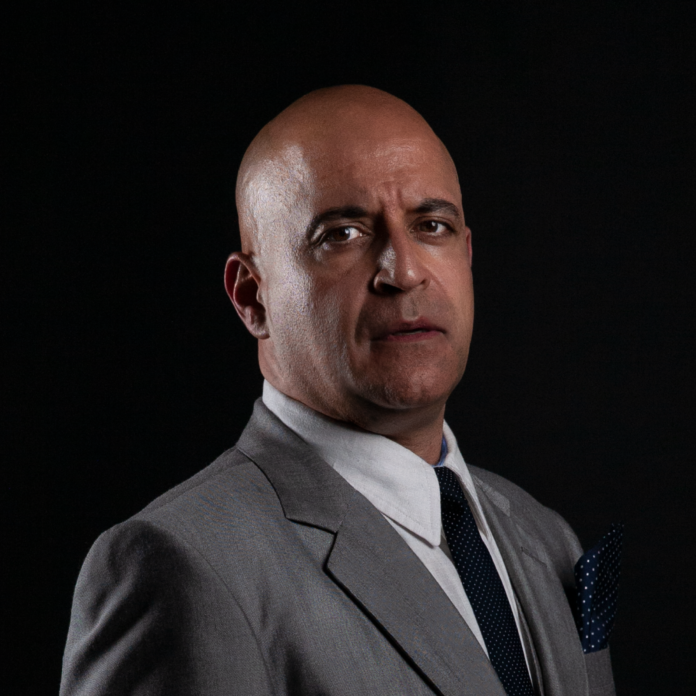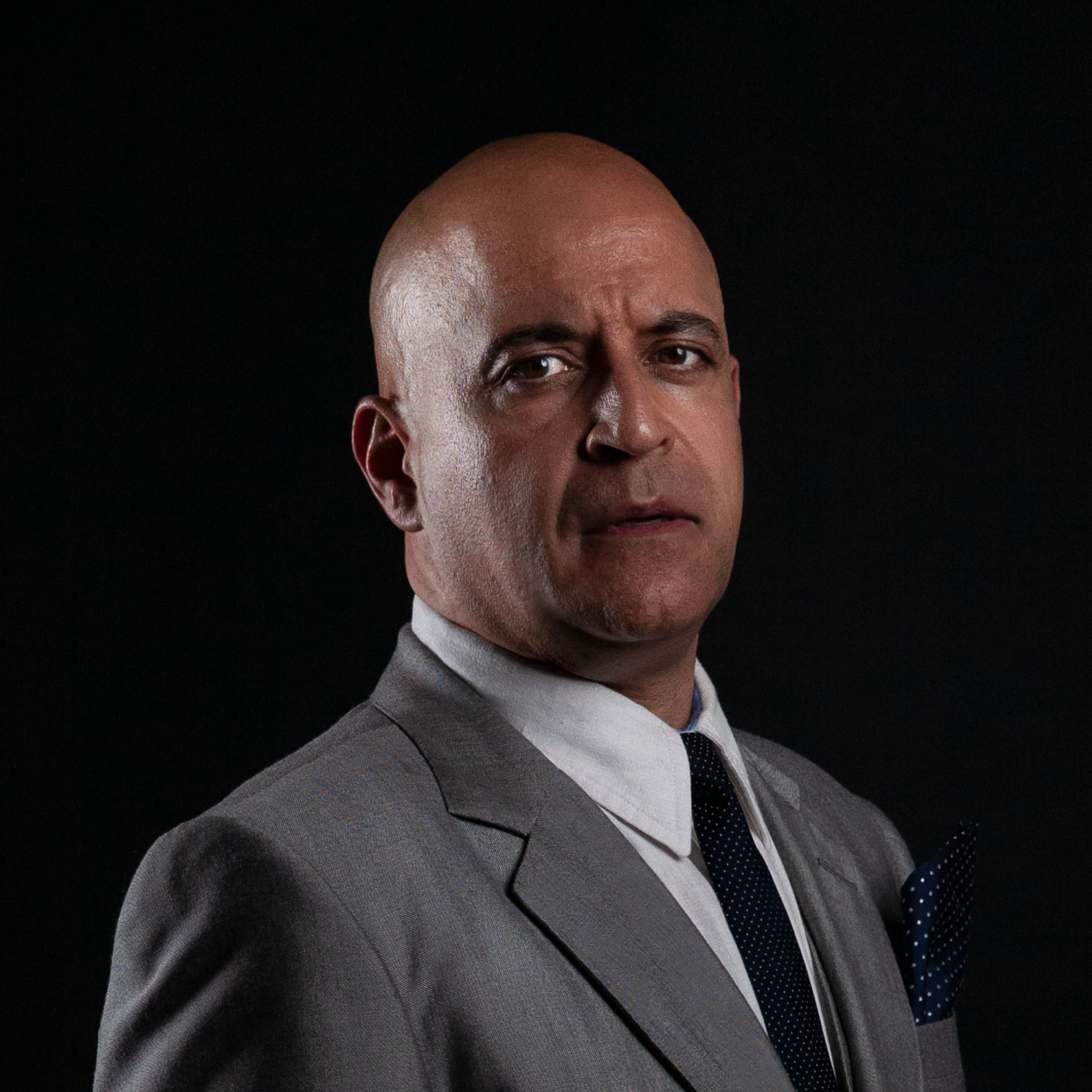Ismail Vali, founder and CEO of regulatory intelligence platform Yield Sec, has his eyes set on illegal gambling.
Unlicensed online gaming operations have experienced rapid growth over the past few years, driven by an increasingly strict regulatory environment in Europe. On these offshore sites – often no more than a Google search away – players receive no assurances of fair play, operators face no scrutiny from regulators and not a penny flows to the taxman.
But to some the illegal market is a scary monster. A threat to be trotted out by lobbying organisations whenever lawmakers start talking about restrictions. There is a healthy dose of ‘better the devil you know’ in many public conversations about how gambling should be regulated.
Half the problem is how in the dark we are about what illegal gambling looks like in practice. We have survey data and intuition but deep knowledge has so far eluded us. This lets regulators dismiss the scale of the threat – as the Gambling Commission has done on more than one occasion – and allows trade bodies to exaggerate the issue for political purposes.
What we really need are better tools to properly show us what we are up against so we can respond appropriately.
Vali’s Yield Sec offers itself as the solution.
Under the rock
Through the use of some complicated wizardry with keywords, Yield Sec is able to provide a detailed map of the illegal gambling sector in a particular market. Paying customers – be they regulators, trade bodies, law enforcement or indeed operators themselves – are able to see in minute detail where the illegal traffic is coming from.
According to Vali’s telling, the market itself operates in pretty grimy ways – belying the self-invented ‘forbidden fruit’ reputation that the operators themselves have tried to cultivate.
“The name ‘black market’ itself is something that criminals gave themselves. It’s a way of convincing you that this is better for you in some way. It’s the black market. There’s something cooler about it.”
In reality, it is often the most vulnerable who are preyed upon by black market operators. Not only do they seem unconcerned about offering gambling to the underage or the self-excluded but they actively encourage it – in part through the use of affiliates.
“They understand one thing really well in the illegal operator space, which is ‘I want pay the least to make the most’. They will go directly to a child, which is $5-10 cost per acquisition; a Gamstop person is $15-25 cost per acquisition.”
Military grade software
The software behind Yield Sec is some pretty potent stuff. Developed deep in the guts of the military-industrial complex, the predecessor of the code was used by various hard-edged US government entities including the CIA and the Department of Defense.
“The most basic way of looking at what Yield Sec was built on is it’s the same software that took down things like beheading videos from Al-Qaeda,” says Vali. “That was what I wanted to look at because when those videos were taken down, they never appeared again.”
But beyond his recent foray into regulatory technology lies an industry veteran as experienced as any other name in the business. That Vali has concentrated his efforts on black market gambling could be a sign of the times. But he has spent most of his career on what you might describe as the other side of the fence.
Poacher turned gamekeeper
Active in the sector when it was charitably more of a theoretical proposition than a real industry, Vali has carved a fascinating path through the birth and development of online gambling, seemingly always ahead of whatever is the ‘big new thing’.
Something of a renaissance man, he became head of development at Ladbrokes Interactive not long after the turn of the millennium. It was there he discovered the meritocratic spirit that allowed even relative outsiders to gaming to be given a hearing as long as they had the chops.
“I realised that you didn’t need to have 20 years of experience of running shops and the rest of it,” he says. “You just needed to have good ideas and be able to see those things through from concept build, get the thing up and running, make sure it worked, make sure the customers were happy and make sure it monetised itself successfully.”
Surfing the online poker wave
It wasn’t long until Vali entered the field where he was to really make his name –marketing.
“I hated how the marketing teams were traditionally doing these things, that they put some adverts in the shop windows and stuff,” he says. “And it was like, no one’s going to go from the shop window. We need to be advertising on the internet. That’s where the customers are. No one really got that.”
Vali spent much of the noughties poker boom as a chief marketing officer, first at ParadisePoker and later PokerStars, a company that he helped turn into the kings of online poker. And according to him it was surprisingly easy to do. “PokerStars were always number one because I always made sure that I stuck to my word of what we were willing to give customers,” he says.
Somewhat unusually for a gambling executive, Vali went to Oxbridge and – following a law degree and the beginnings of a career in finance – seemed to be well on his way to becoming a member of Britain’s cloistered elite. He explains his unexpected career swerve into the world of gambling as a product of a couple of good ideas.
The next frontier
Fresh out of Brasenose College, Oxford, Vali’s first job was as an internet analyst at New York investment bank Salomon Smith Barney, where he was promptly suspended for his out-of-the-box thinking.
This was the height of the dot.com boom. The ever-sceptical Vali says he did not believe that the stocks the bank was pushing had the long-term viability that had become the conventional wisdom.
Vali wrote an article arguing that the internet sectors with the most potential for growth were pornography and online gambling. The bank wasn’t best pleased.
“Those are the two things that seemed to be what my friends were into whenever they came down to my flat where I had a dial-up internet connection,” says Vali. “At the time, whenever anyone came around to my apartment, they would sit there all night watching Playboy download, one pixel line at a time.
“And I’d be like, ‘Why don’t you go downstairs and buy it?’ They said if I’m going downstairs to buy it, I have to buy my groceries from that place in the morning. People wanted the anonymity.”
At the vanguard of industry innovation
This insight into human behaviour is classic Vali. Today, the idea that anonymity could be something that could be harnessed commercially may not seem like an earth-shattering thought, but at the time it was a flash of brilliance.
“[The article] got me suspended from the bank – then it got me rehired at double my salary at the end of the week because we’d been inundated with people from gaming and porn companies asking us what does this guy know about it?”
Throughout his career, Vali has been at the vanguard of where innovation is happening in the gaming sector. From his involvement in the early development of the industry, to riding the wave of enthusiasm that characterised the glory days of the poker boom, to today, where regulatory intelligence is all the rage and entrepreneurs attempt to build the technological capabilities of the new Dot.country regime, he has been there.
The white, the grey and the black
Vali posits that the germ of the idea that would become Yield Sec developed as a consequence of the contractions of the off-shore model, which – despite its former status as the cradle of industry – was increasingly at odds with the new normal.
“Where Yield Sec started was the inherent sense of unfairness that there is something coming and it’s being cradled in islands like Curaçao and Malta,” says Vali. “What’s being brought to the rest of the world does not have any reason to exist any more.
Vali questions the logic of continuing to have these off-shore hubs in the new environment. In the old days you used to be able to broadcast multiservice whitelist online gambling to the UK and other European territories. Now that nearly every country has local regulations, having so many services in these jurisdictions makes less and less sense.

He believes there is no longer even “such a thing as a grey market”. Many would contend that this legal ambiguity, wherein some companies argue that they are operating fairly under the free movement of services rule of the Treaty of the Functioning of the European Union, has been exploited for years by unscrupulous operators which are running essentially black market operations.
“You’re basically saying that you’re looking to be crooked,” says Vali . “You don’t like the label of I’m a criminal, I’d rather be a grey market operator.”
The realm of the impossible
Whatever the future brings for Yield Sec, the scale of the problem of illegal gambling often beggars belief. Vali is clear about what his company can do.
“We can help you prosecute that case,” says Vali. “We can help you evidence it, we can help you case-manage it, we can help provide all of the information and we would then go to court as well to say the platform notices these things, we are able to provide testimony on that.”
As for the subject of gambling itself, Vali is philosophical.
“Gambling is in that realm of the impossible. It’s how do you get somebody to believe in something that you control?”
This spirit of derring-do is something Vali seems to admire about the industry. But he reiterates that there are certain boundaries it is important not to cross. The black market must be defeated because of its moral failures.
“Where this thing starts to come undone is when they go after the children and the self-excluded – because we all get a bad name [as a result] of that kind of activity. The customers will always see it as there’s just one industry. And the way I see it is we have one marketplace, but we’ve got two industries.”
Original article: https://igamingbusiness.com/legal-compliance/ismail-vali-illegal-gambling/
















